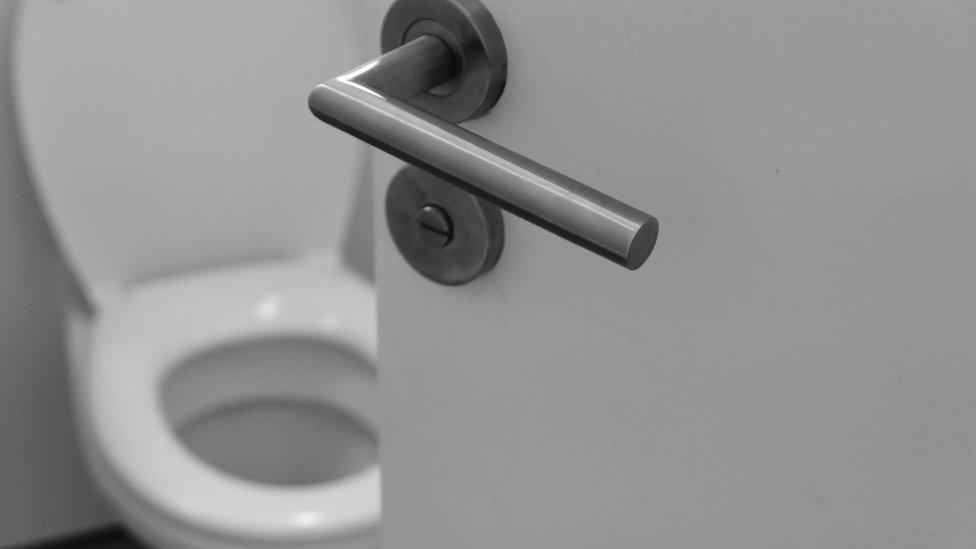Poo transplant: How does a faecal transplant work?
- Published
- comments

Toilet business isn't usually a big topic of discussion!
Poo, a number two, faeces, human waste - there are lots of different names for what people do behind their toilet doors, but what goes on in our bathrooms isn't usually news.
But lately there's been quite a bit of talk about poo in the media.
It's all down to The National Institute for Health and Care Excellence (NICE), the public body which provides guidance and advice on how health and social care can be improved in England.
NICE wants people who have specific illnesses caused by superbugs living in their guts to be offered poo transplants to tackle their infections.
So how exactly would this work? Read on to find out more!
How does the digestive system work?
The gut is part of the body's digestive system
Humans have digestive systems which include what is known as the gut. When people talk about the gut, they're often referring to the stomach.
However, the gut, also known as the gastrointestinal or digestive tract, is actually a long tube that runs all the way from the mouth to where human waste eventually leaves the body.
The gut has a very important job. It helps process the food we eat which passes through a number of different organs, including our throats, stomachs, small and large intestines.
Every human being has trillions of microbes living in their gut, most of which are found in the large intestine.
These are known as gut microbiome and are made up of bacteria, fungi, viruses and other types of microorganisms.
Gut microbiome play a key role when it comes to health. They help digest food and absorb nutrients which are good for the body.
Why might some people need a poo transplant?
The transplant could be beneficial for people with certain gut problems
Although all humans have gut microbiome, everyone's is different. Many factors can affect what type of microbiome someone has; including their genes, what they eat, their age and even the medication they take.
Although microbiomes can be good for the body, certain types can also cause problems for some people.
According to the NHS, Clostridium difficile (C. diff) is a type of bacteria found in the bowel which can cause diarrhoea, stomach ache, loss of appetite and it can also make a person feel sick.
What would a transplant like this involve?
NICE has said faecal microbiome transplants should be considered for patients who have had two or more treatments to get rid of C. diff without success.
This would involve taking gut bacteria from a healthy person's poo and putting it into a person who has C. diff through a tube into the stomach, or a pill or putting donor bacteria through a person's nose.
The bug can usually be treated with antibiotics but it is sometimes referred to as a 'superbug' due to its resistance to treatment in some cases.
Clostridium difficile is a bacteria found in the gut
Trials show poo transplants could be more effective than medication in treating C. diff. NICE said data it reviewed showed the treatment can resolve up to 94% of infections.
It estimates 450 to 500 people each year in England could receive the transplants, which it says could also save thousands of pounds in the cost of antibiotics given to patients.
"There is currently a need for an effective treatment of C.diff in people who have had two or more rounds of antibiotics," said Mark Chapman who is the interim director of Medical Technology at NICE.
"Our committee's recommendation of this innovative treatment will provide another tool for health professionals to use in the fight against this infection, while at the same time balancing the need to offer the best care with value for money."
There have also been suggestions poo transplants could help people with other gut-related conditions including irritable bowel syndrome (IBS), or even mental health issues, but further research is needed.
- Published4 July 2022
- Published19 November 2019
- Published11 January 2018
